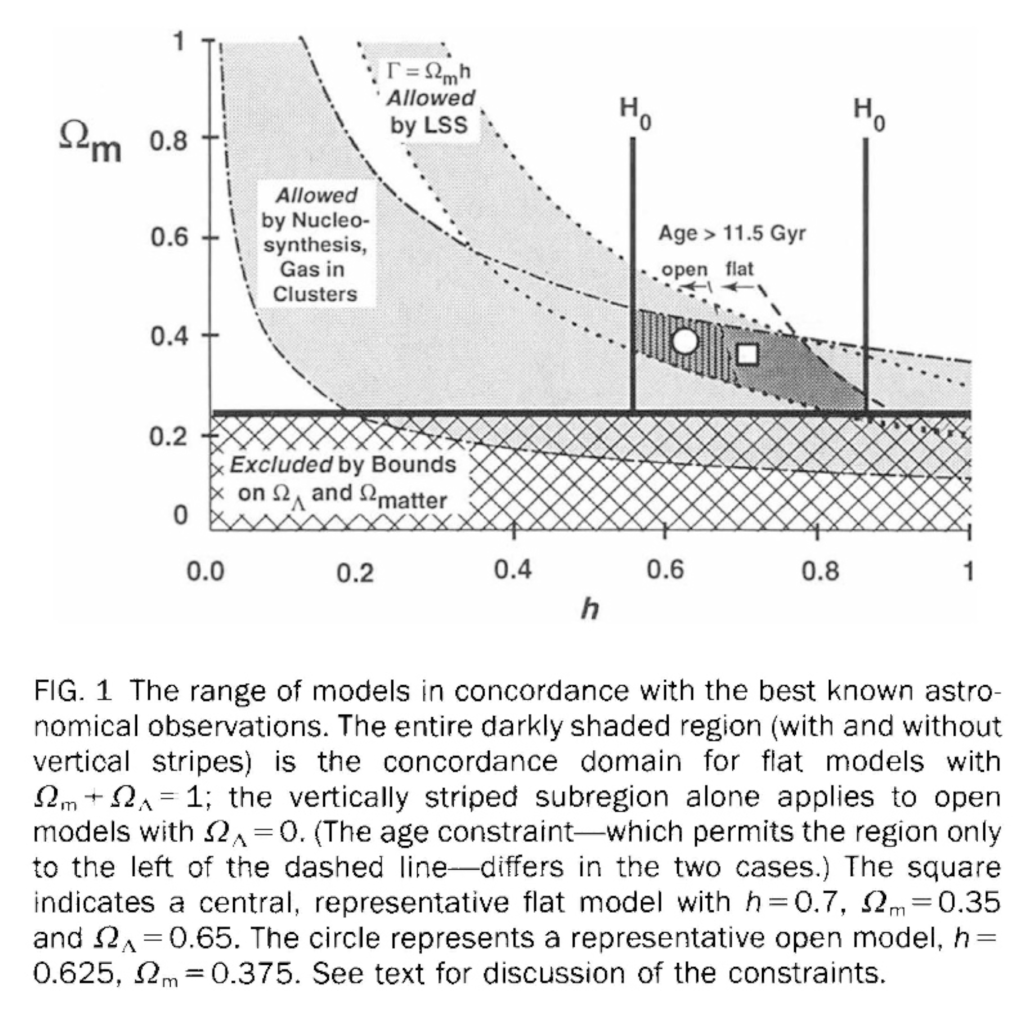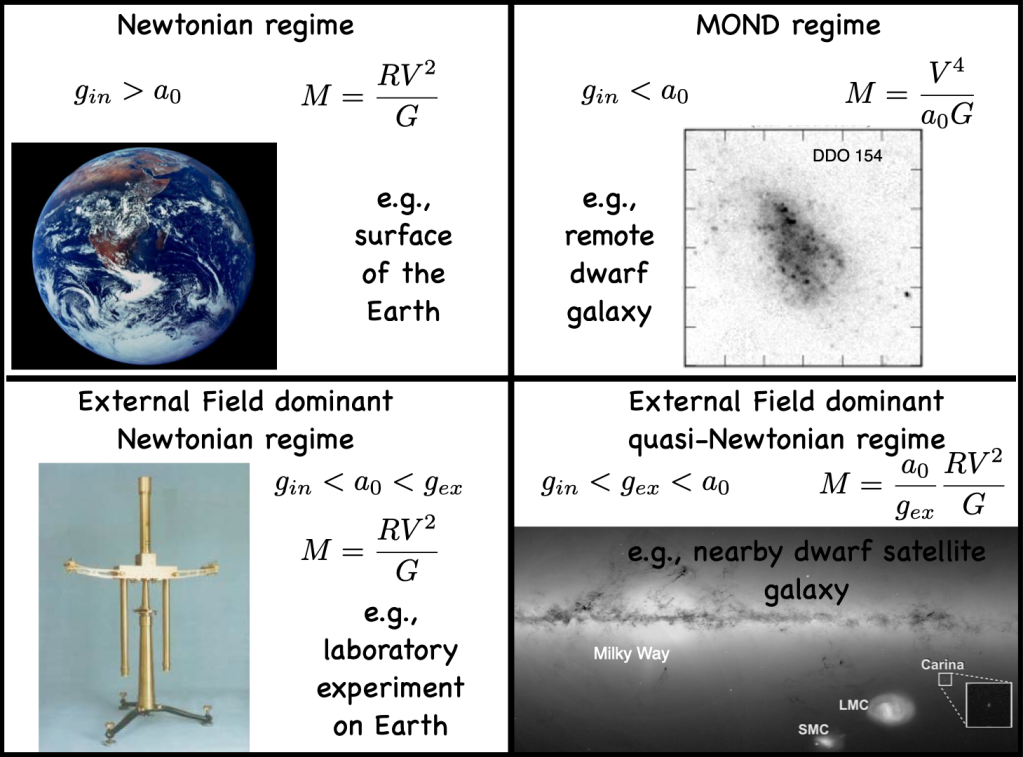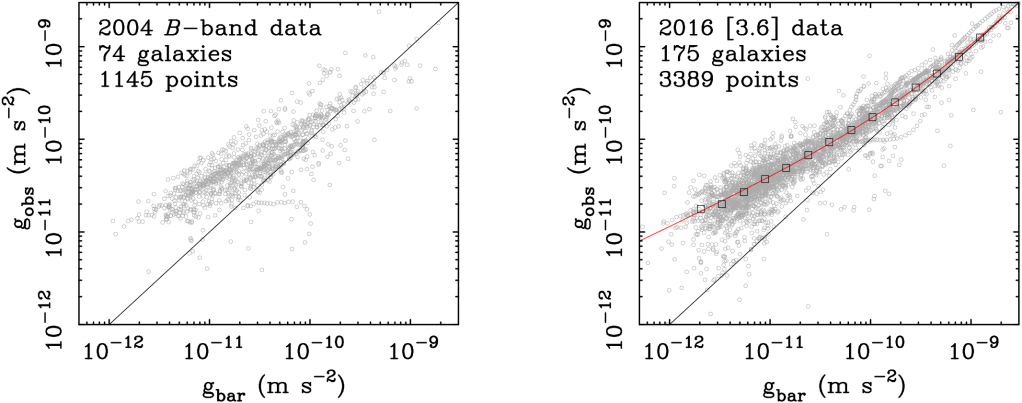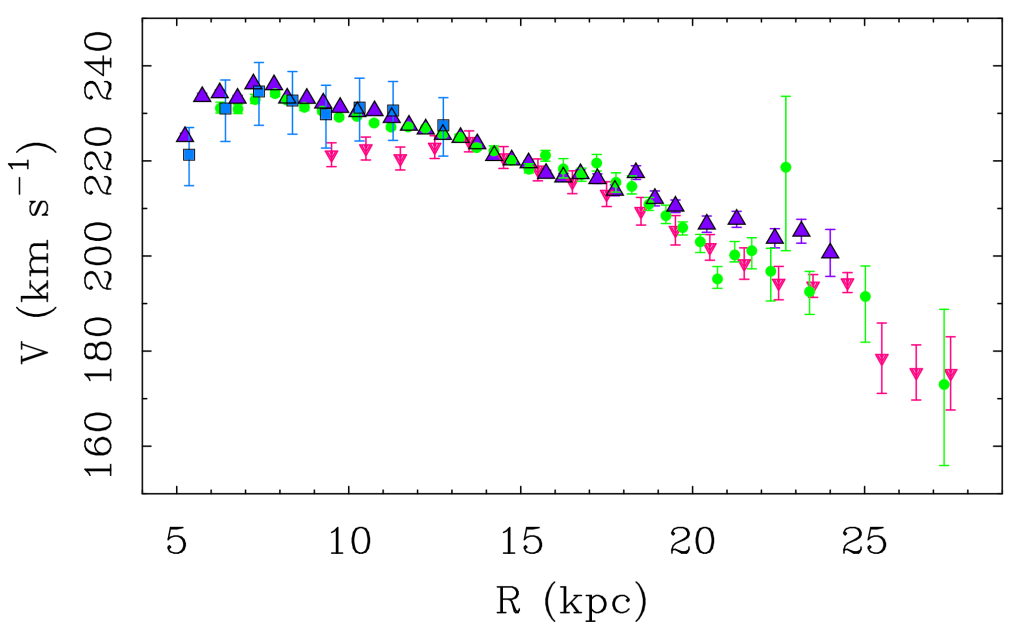
To start the new year, I provide a link to a discussion I had with Simon White on Phil Halper’s YouTube channel: In this post I’ll say little that we don’t talk about, but will add some background and mildly amusing anecdotes. I’ll also try addressing the one point of factual disagreement. For the most part, Simon & I entirely agree about the relevant facts; what we’re discussing is the interpretation of those facts.







